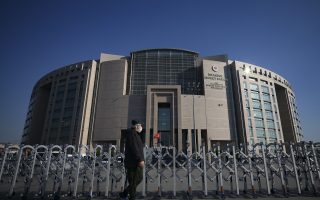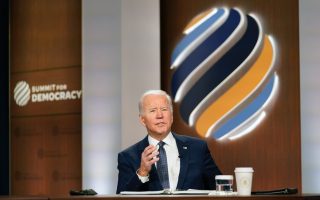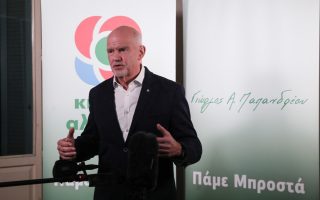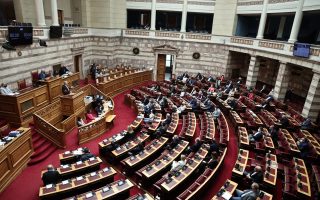The three challenges of Nikos Androulakis
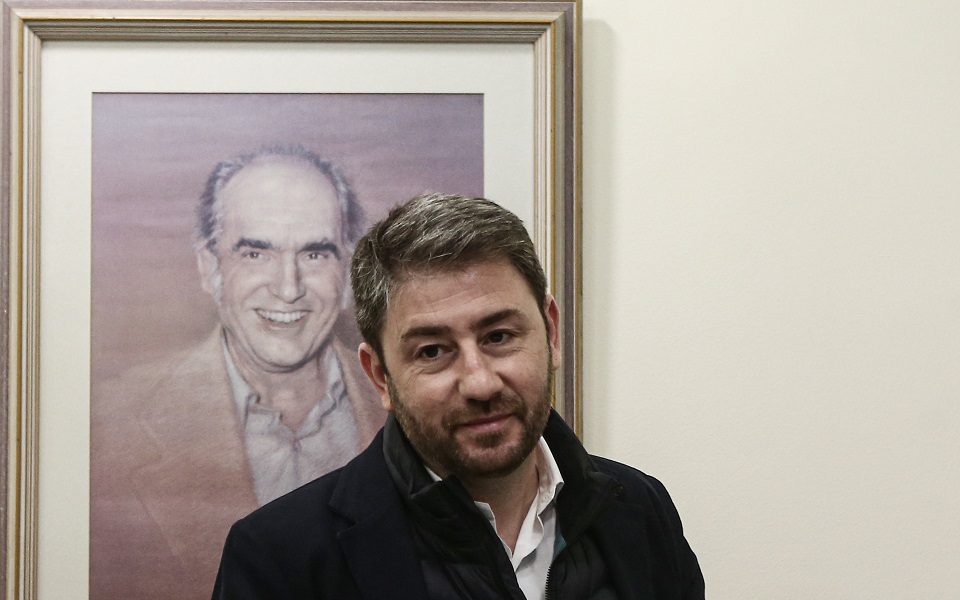
After massive participation and a resounding victory for Nikos Androulakis, Movement for Change’s (KINAL) leadership race has come to an end. Now the new president of the center-left coalition has some serious decisions to make in three key areas.
The first concerns the party itself, how he will organize it and who will do what. This includes who will speak for KINAL in Parliament as Androulakis is not an MP in the Greek Parliament but rather holds a seat in the European Parliament.
Unity is the only way forward and no one can be seen as redundant. In that context, the new president will have to deal with his former rivals for the party leadership. Will he promote them into positions or work closely with them? Or will he push them to the sidelines?
The same goes for former PASOK heavyweights (like Evangelos Venizelos and Anna Diamantopoulou) who are outside the party mechanism but are very influential. Is there a golden mean between renewal – in terms of more than just age – and experience and knowledge?
The second area is Androulakis’ medium-term strategy for strengthening KINAL and turning it into a credible alternative for Greek voters. He says he aims to lead the center-left from a position of power. He knows this will be hard to achieve, especially in the short time until the next general elections in 2023. While he works to improve KINAL’s appeal, Androulakis will also have to decide on his moves until then and on whether he will stick to the stated intention of going it alone.
Prime Minister Kyriakos Mitsotakis’ target of a solo majority win is realistic in that it is backed by the numbers, even if he does not achieve it in the end.
This is not the case for Androulakis, so he will have to come up with a responsible, realistic and convincing narrative.
Finally, and perhaps most importantly, he will also have to think about his moves after the elections. These will be the first polls in Greece conducted with a simple majority system (without the bonus of 50 seats to the top party), so Androulakis faces a serious dilemma. If Mitsotakis offers him a coalition deal and the seats of the two parties are sufficient to form a government, what will he do? And what if Alexis Tsipras proposes governing together with one or two other parties as well, or even a coalition of the big three?
Androulakis will face the same questions if New Democracy fails to clinch a majority and we go to a second election. The dilemma in that case will be even tougher, in the sense that rejecting an invitation to join forces will mean extending political and economic instability, and forcing the country to a third election.
The 42-year-old’s victory brought a breath of fresh air to the political system. It makes sense that people are excited. It is also reasonable that the new leader be given some time to get organized. In a way, his biggest challenges still lie ahead.
